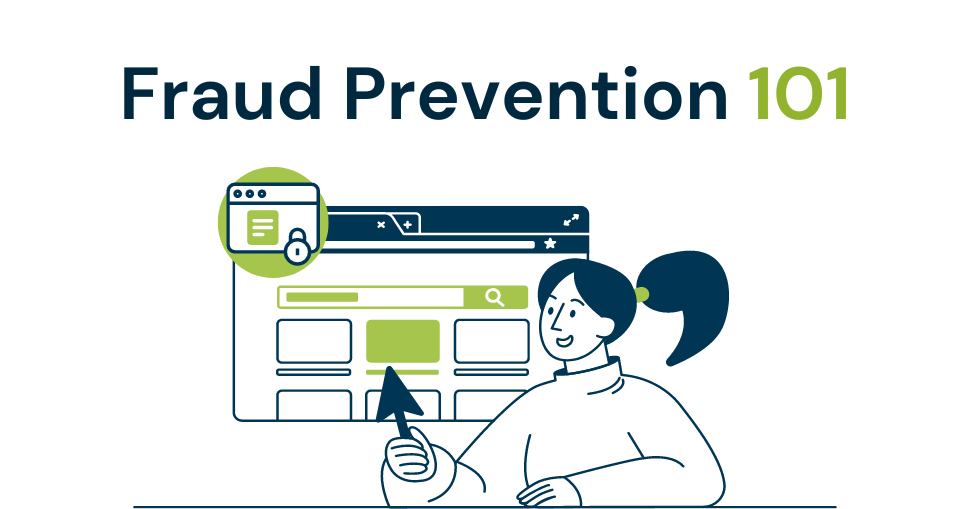[3-minute read]
It’s been nearly a year since Brexit was implemented at the stroke of midnight on the 31st of January 2020. Echoing Cinderella’s tale, the carriage has indeed turned back into a pumpkin, and the reality of the situation between the UK and the EU is rife with complication. From supply chain issues to worker shortages, there seems to be no end to the tussle between the two parties. And in the middle of it all are businesses and the people who run them and support them. Tossed and turned by the power struggles of the UK and EU governments, it hasn’t been easy to navigate. We explore four ways Brexit has and will continue to impact businesses in the UK.
Supply chain
The UK has experienced the double whammy of Covid-19 and Brexit in the business sphere. Unprecedented circumstances have had a major impact on supply chains, with petrol, food, and gas shortages leaving people across the country reeling.
Many of the goods in the UK are transported via lorry. Long-haul transportation is an industry that has been impacted directly by Brexit, with new immigration laws restricting the movement of EU workers to and from the UK. The pound has also weakened against the Euro, making the prospect of jumping through legislative hoops to work in the UK less appealing.
Workforce
As touched on above, the migrant workforce between the UK and the EU has been significantly impacted by Brexit. Changes in immigration law make it increasingly difficult for workers who are classified as “low-skilled” to come to the UK. Seasonal workers, like agricultural fruit and vegetable pickers are included in this category, leading to massive losses for farmers as harvests rot in their fields. In turn, shortages of lorry drivers impact farmers’ ability to get their produce to shops, limiting what’s available for customers.
Regulation
Of course, Brexit has introduced countless new laws and policies governing relations between the UK and EU. Negotiations, discussions, and heated debates are still underway, making it difficult for the average person to follow along.
For example, there is ongoing debate between the UK and France over fishing legislation, costing businesses tens of thousands of pounds in losses and cancelled orders.
Customs & border tariffs
Under the umbrella of Brexit’s new legislation, customs and border tariffs are a source of great concern for many businesses. Complicated by cross-country and bureaucratic policy, businesses are caught in the crossfire of wider political power plays. Take the rules of origin, for instance. This policy stipulates that, for goods to qualify for the tax-free exemption, the parties must be able to prove that the components of a product originated in either the UK or EU. This is not always easy to do, and products that don’t qualify are subject to normal taxes and tariffs.
Increasingly, UK products are no longer as attractive to the EU market as they used to be. Once, the UK and EU were convenient and long-standing trade partners. Brexit has affected this, meaning that UK businesses have a choice: pivot to UK-only production, employment, and sales, or look to other countries around the world for new trade opportunities.
There is great opportunity for growth and expansion for UK businesses outside of dealings with the EU. That is not to say that all UK-EU trade and employment should come to an end, but that UK businesses should look for other solutions that are not based in the EU to see their businesses thrive.
Did you learn something from this quick read? Would you like us to explore some of these digital tools in more detail? Tell us on social media: Facebook, Instagram, Twitter and LinkedIn.
P.S. Looking for a comprehensive payments solution that will get you paid anywhere, any time? Get Truevo. We can’t wait to connect with you.
Disclaimer:
It’s important to note that this blog post has been written for informational purposes only. It should not be construed as legal or tax advice on any subject matter. Do not make or refrain from making any serious or legal decisions based on the content of this post without seeking professional advice.
Furthermore, please be aware that Truevo is in no manner connected or affiliated with any of the entities mentioned in this article. Any reference to such is simply by way of an example and does not imply or constitute any form of endorsement by Truevo.



